Understanding Autism and Social Interaction
Dating and forming relationships can be challenging for anyone, but individuals with autism spectrum disorder (ASD) often face unique social communication barriers. Through applied behavioral science, particularly Applied Behavior Analysis (ABA), innovative strategies have emerged to support social skill development tailored for autistic individuals. This article explores how ABA and related behavioral therapies aid in cultivating relationship skills, focusing on autism dating and enhancing meaningful social connections.
What Is ABA Therapy and Its Role in Autism Social Skills
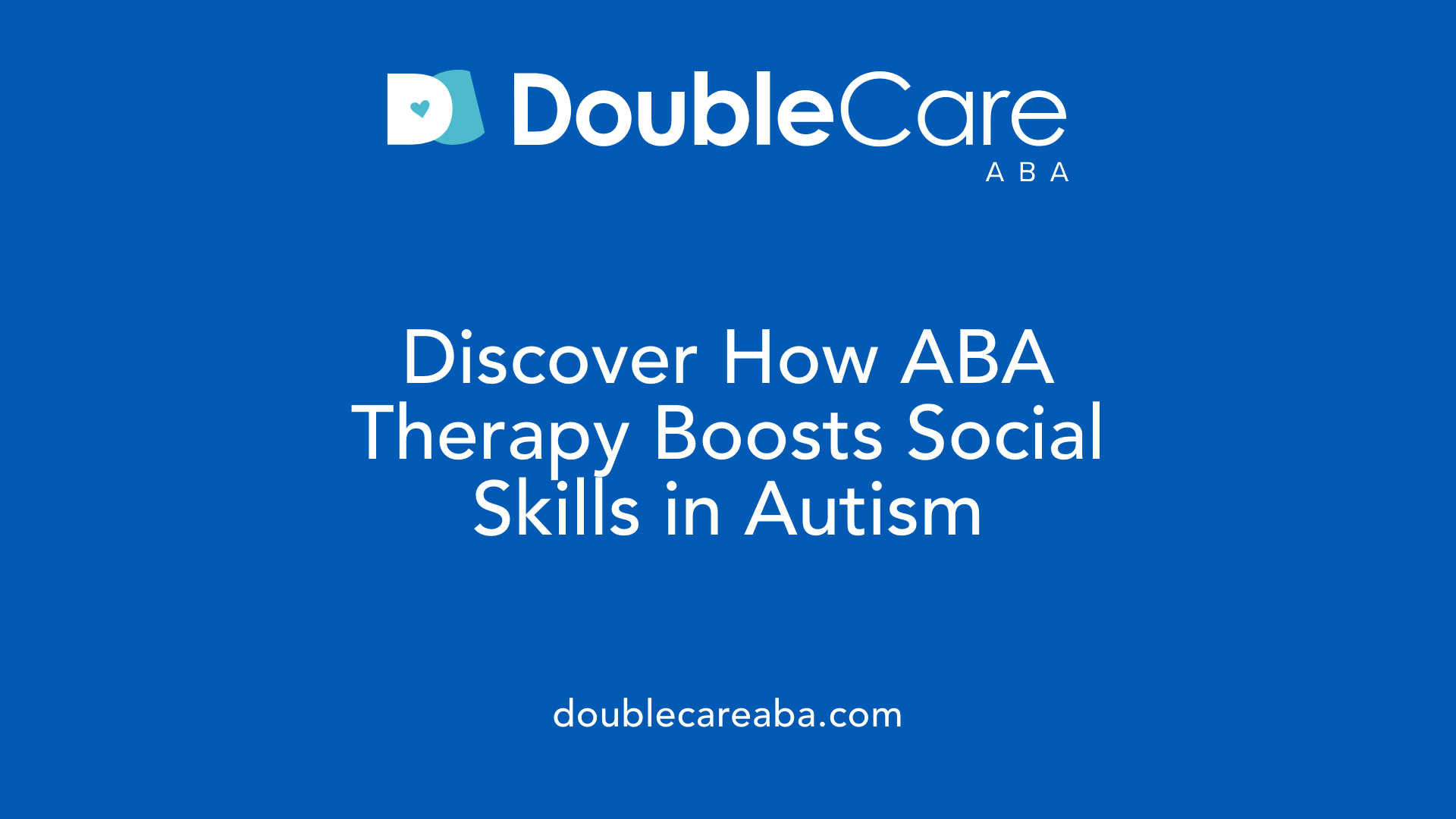
Definition of ABA Therapy
Applied Behavior Analysis (ABA) therapy is a science-driven method for improving behavior by understanding and modifying the environmental influences on actions. It focuses on increasing positive behaviors like effective communication and social engagement, while working to reduce behaviors that interfere with learning or social interaction.
Behavioral Foundations of ABA
ABA relies on principles such as positive reinforcement — rewarding desired behaviors to encourage repetition — and the systematic analysis of antecedents (what happens before a behavior) and consequences (what happens after) to shape behavior. This approach breaks down complex social skills into manageable parts and uses techniques like modeling, role-playing, and natural environment training to teach and practice these skills.
Individualized Therapy Programs
Every ABA program is carefully tailored to the individual's unique needs and strengths. A board-certified behavior analyst (BCBA) assesses the person and sets clear, measurable goals. Regular data collection and evaluation guide adjustments to the therapy, ensuring it remains effective and relevant over time.
Goals of ABA in Autism
ABA therapy targets core areas such as communication, social skills, attention, memory, self-care, play, motor, and academic abilities. Crucially, it also addresses behaviors that may hinder learning and social participation. By fostering skills in these areas, ABA supports greater independence and improves quality of life.
Settings Where ABA Is Delivered
ABA services are flexible and can take place at home, in schools, clinics, or community environments. Trained therapists, often registered behavior technicians (RBTs), deliver the therapy under BCBA supervision. This variety in settings helps learners generalize skills across real-world situations, making gains more meaningful and sustainable.
Key Techniques Employed in ABA to Foster Social and Dating Competencies
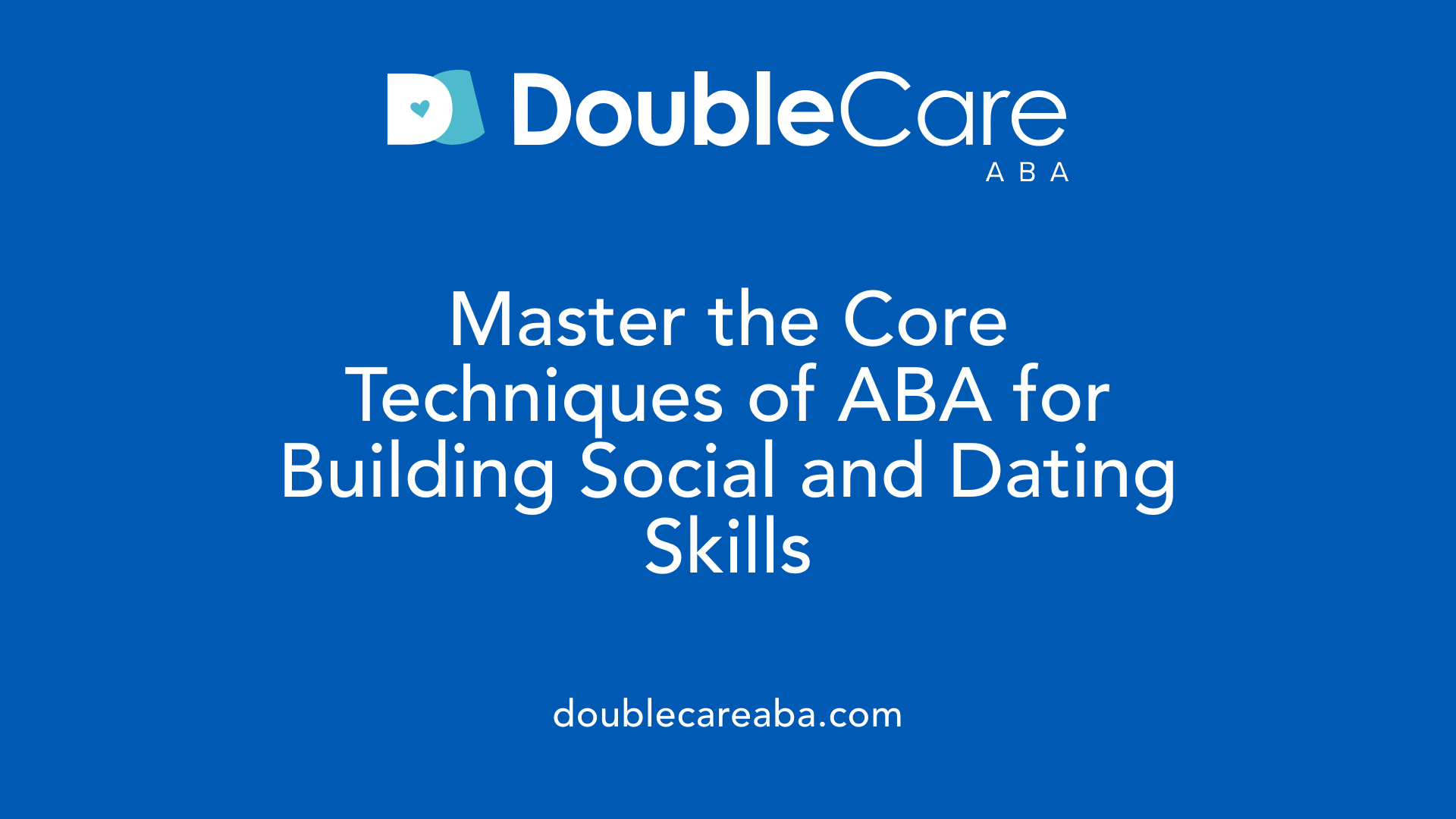
What techniques are commonly used in ABA therapy?
ABA therapy harnesses several effective techniques to build social and dating skills, particularly useful for individuals with autism. One of the foundational methods is positive reinforcement, which involves rewarding desirable behaviors to encourage their recurrence. For example, a child might receive praise or a small reward for making eye contact or engaging in a social exchange.
Prompting and fading work hand in hand by giving cues or assistance to perform a behavior and then gradually reducing this help to foster independence. This technique encourages learners to take initiative and perform skills without prompts over time.
Discrete Trial Training (DTT) is another staple, offering structured and repetitive teaching moments that break skills into small, manageable steps. DTT is particularly effective when teaching precise social actions like greeting others or taking turns.
Modeling and role-playing allow learners to observe and practice behaviors in controlled settings. Role-playing social scenarios, such as asking someone on a date or handling rejection, enables practice before real-world application.
ABA also focuses on breaking down complex social skills into simpler components, such as learning to initiate conversation or recognizing non-verbal cues. This approach makes seemingly overwhelming social interactions easier to master.
Lastly, visual supports like videos, picture exchange systems, or social scripts help learners understand and remember social rules and sequences. Visual aids are especially beneficial for those who struggle with verbal instructions alone.
These techniques collectively create a robust, adaptable framework that tailors learning to individual needs and aids in generalizing social skills across multiple environments, promoting success not just in therapy but in everyday social and dating situations.
Social Skills Development for Autistic Adults: The PEERS Program and Dating
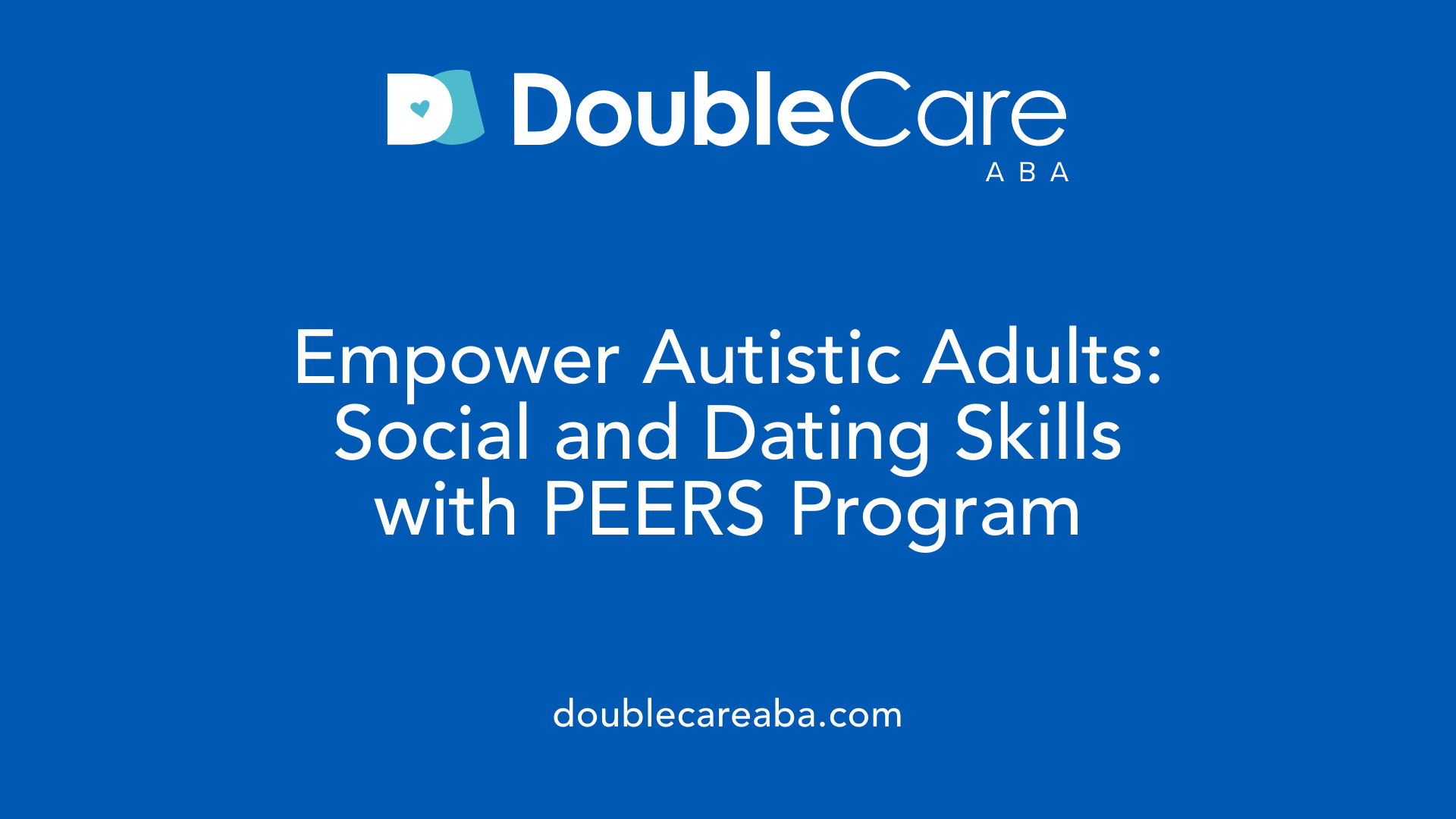
What is the PEERS Program?
The PEERS (Program for the Education and Enrichment of Relational Skills) program is an evidence-based social skills intervention designed specifically for autistic adults. It aims to teach social and dating skills that many autistic individuals may find challenging to acquire intuitively. The program is structured in a small group format, encouraging interaction and support among peers.
How Does Role-Playing Aid Social Skills?
Role-playing is a central technique used in PEERS. It provides a safe, controlled environment where participants can practice social interactions, such as starting conversations, giving compliments, or handling rejection. These simulated social scenarios help reinforce learning and prepare individuals for real-life situations.
Why Are Small Groups Important?
Small group settings facilitate focused social instruction tailored to individual needs. They allow participants to receive personalized feedback, build confidence, and practice newly learned behaviors with peers who share similar challenges. This setting encourages participation and reduces social anxiety.
Why Teach Explicit Social Cues?
Social skills that seem natural to non-autistic people often require deliberate teaching for autistic individuals. PEERS explicitly teaches subtle social cues, like recognizing body language and understanding conversational norms. This direct approach helps bridge social understanding gaps.
What Social Skills Are Critical in Dating?
The PEERS program covers important dating skills such as flirting, asking someone about their dating status, giving compliments respectfully, asking someone out on a date, handling rejection gracefully, and digital communication etiquette. Emphasis is placed on safety, respect, proper planning, and managing social pressures.
Which Online Platforms Are Appropriate for Autism Dating?
The program guides participants on suitable online platforms for meeting potential partners, highlighting mutual friends, community gatherings, and vetted online sites. It also advises against inappropriate or unsafe dating websites to ensure a secure and positive dating experience.
Benefits of ABA Therapy in Enhancing Relationship Abilities and Daily Living

How does ABA therapy benefit individuals with autism?
ABA therapy provides personalized, evidence-based interventions that enhance communication, social skills, and learning abilities in individuals with autism. By employing strategies such as positive reinforcement and breaking down complex behaviors into manageable steps, ABA fosters the development of essential life skills including dressing, eating, and effective language use.
Communication improvements
ABA targets various communication forms—verbal, sign language, and augmentative and alternative communication (AAC)—to help individuals express their needs and interact meaningfully. Techniques like modeling and role-playing support practicing these skills in structured environments.
Reducing challenging behaviors
Problem behaviors such as aggression, tantrums, and withdrawal that impede social interactions are identified and addressed through ABC (Antecedent-Behavior-Consequence) analysis. This reduces their frequency, improving the individual’s ability to engage positively with others.
Generalization of social skills
ABA emphasizes practicing skills across different settings and people to ensure social abilities are functional in real life. Role-playing everyday interactions and natural environment training promote flexibility and confidence in social situations.
Independence in dating
Programs like UCLA’s PEERS teach vital dating skills such as flirting, giving compliments, and handling rejection through role-play and group activities. These lessons prioritize respect and safety, empowering autistic adults to navigate relationships independently.
Family and caregiver involvement
Therapy success is supported by coaching families and caregivers to reinforce strategies outside of sessions. This collaborative approach strengthens skill acquisition and helps maintain progress in daily living.
Empathy and emotional recognition
Activities aimed at identifying and responding to others’ emotions help foster empathy, further enriching social connections and relationship building.
In summary, ABA therapy enhances relationship abilities and daily living by improving communication, reducing harmful behaviors, promoting social skill generalization, fostering independence, and involving families in the process. These benefits enable individuals to achieve greater social integration and emotional well-being.
| Benefit Area | Description | Techniques Used |
|---|---|---|
| Communication Improvements | Enhances verbal and nonverbal skills for interaction | Modeling, role-playing, AAC |
| Reducing Challenging Behaviors | Decreases behaviors that hinder learning and socializing | ABC analysis, positive reinforcement |
| Social Skill Generalization | Applies skills across contexts to improve adaptability | Natural environment training, discussion |
| Independence in Dating | Builds safe relationship skills for autistic adults | PEERS program role-play, group activities |
| Family & Caregiver Involvement | Strengthens reinforcement and consistency outside therapy | Training and coaching of caregivers |
| Empathy & Emotional Recognition | Develops understanding of others’ feelings | Targeted activities, social stories |
Who Delivers ABA Therapy and How Families Can Access Support
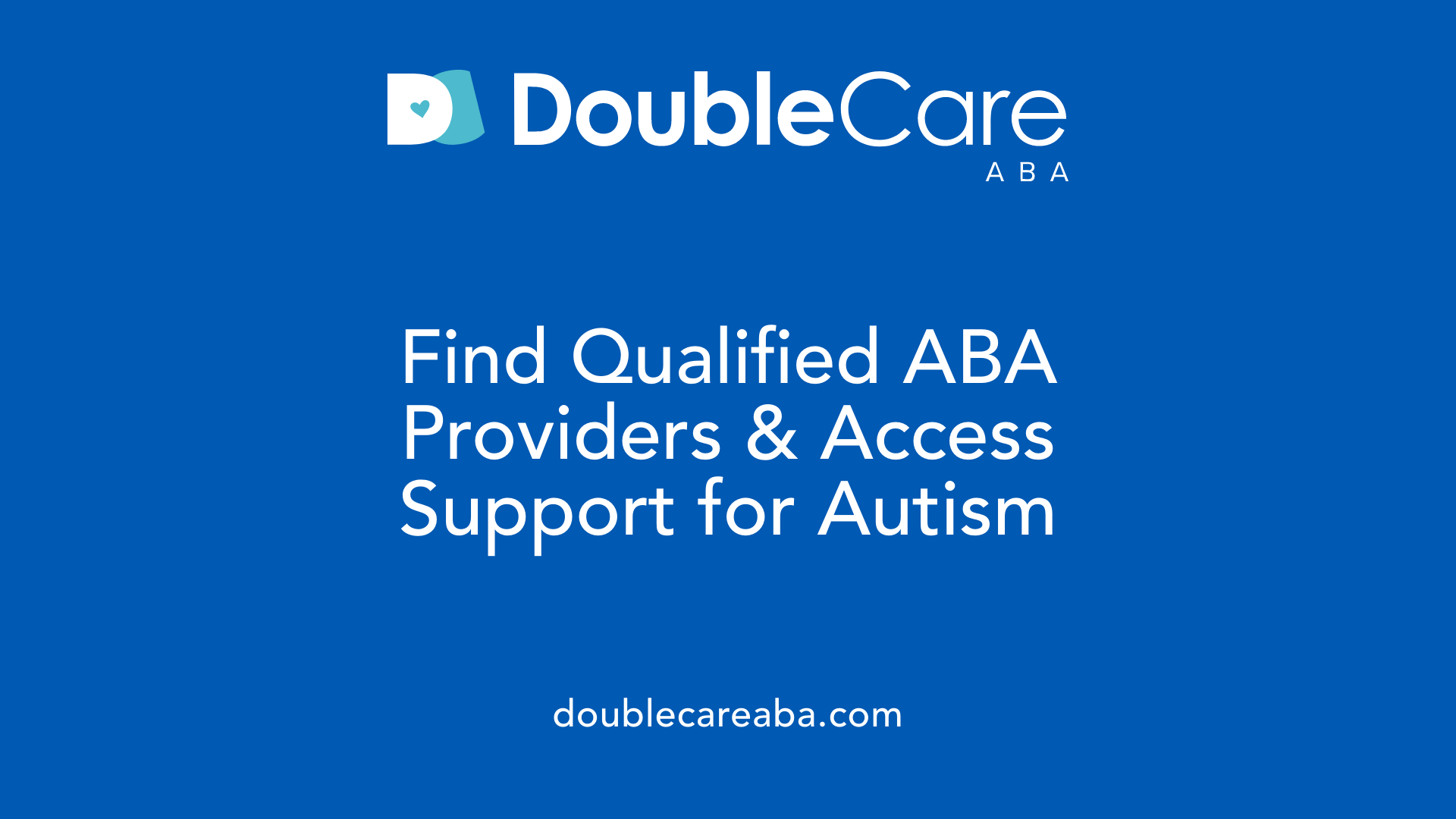
Who provides ABA therapy services?
ABA therapy is delivered by qualified professionals, predominantly Board Certified Behavior Analysts (BCBAs) and Registered Behavior Technicians (RBTs) who work under their supervision. BCBAs design and oversee the individualized treatment plans, ensuring assessments and ongoing adjustments are data-driven to suit each child's unique needs.
What training and qualifications do providers have?
BCBAs obtain rigorous certification through specialized graduate-level education and practical experience in behavior analysis. RBTs receive focused training to implement therapy sessions directly, applying techniques such as positive reinforcement and the ABC (Antecedent-Behavior-Consequence) method to modify behavior.
In which settings is ABA therapy offered?
ABA services are provided across multiple environments, including clinics, schools, in-home visits, and increasingly through telehealth platforms. This flexibility allows families to choose conveniently based on their child’s needs and daily routines, promoting consistent therapy application.
How accessible is ABA therapy through insurance and coverage?
Many private insurance plans, such as Aetna and Blue Cross Blue Shield, are required to cover ABA services when prescribed as medically necessary. Medicaid also covers ABA therapy for children under 21 in numerous states, enhancing accessibility for families. This coverage supports long-term and intensive therapy programs recommended for optimal outcomes.
What role do families play in ABA therapy?
Family involvement is fundamental for successful therapy. Providers emphasize training caregivers to understand behavioral strategies and reinforce skills outside of formal sessions. This collaboration ensures behavior improvements are generalized across settings, fostering lasting progress and quality of life improvement.
Families seeking ABA therapy for their autistic children should look for licensed providers with verified training and a tailored approach. Asking about qualifications, therapy goals, and involvement opportunities helps ensure a good match and effective support.
Is ABA the Right Approach for Everyone on the Autism Spectrum?
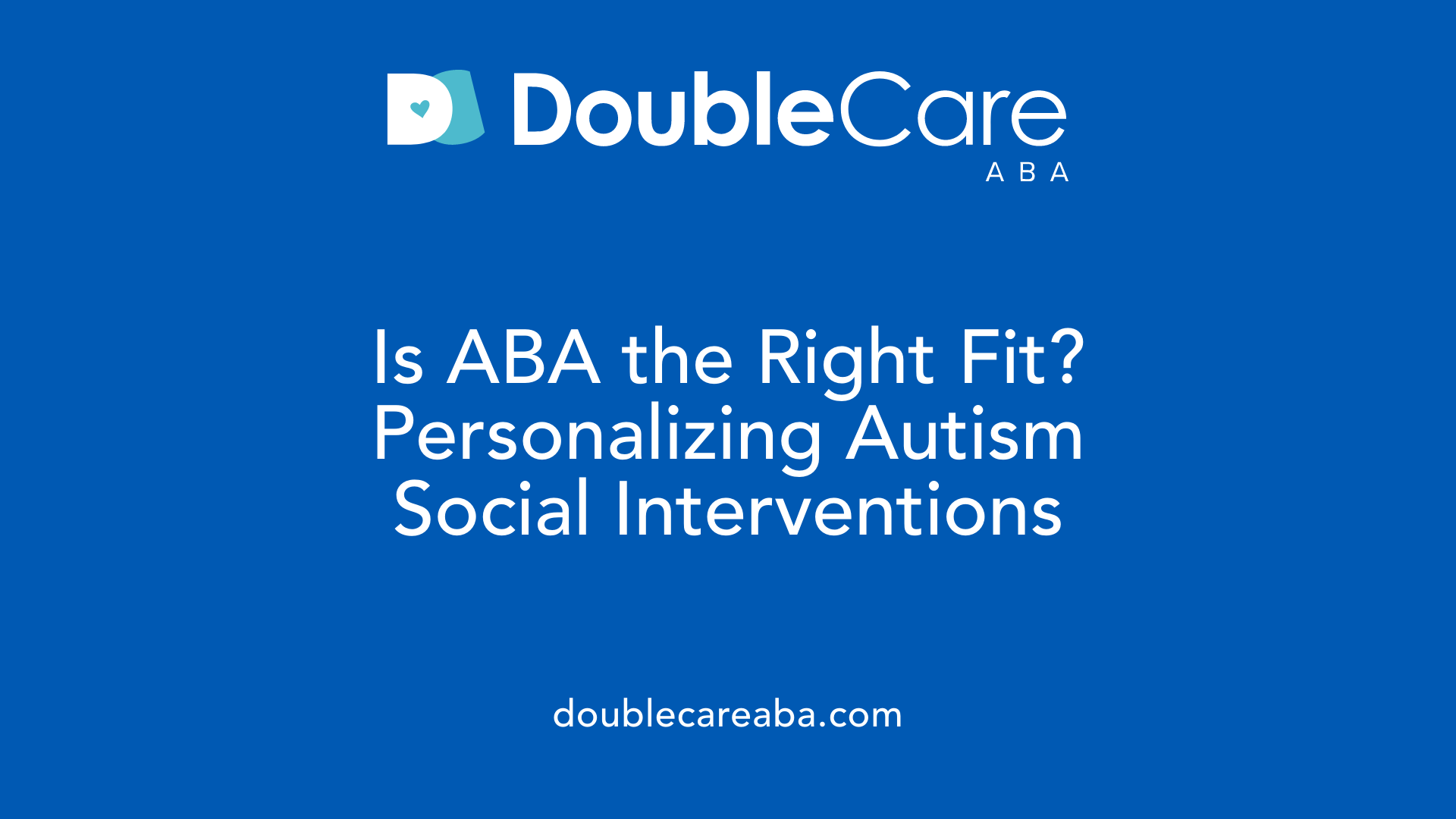
Is ABA therapy suitable for all individuals with autism?
ABA therapy is one of the most researched and widely used treatments for autism. However, its effectiveness and suitability depend heavily on individual needs and circumstances. Not every person on the autism spectrum will respond to ABA in the same way, making personalized assessment and tailoring essential components of successful treatment.
How does individual assessment impact ABA therapy?
Before starting ABA, clinicians conduct detailed evaluations to identify each person's strengths, challenges, and preferences. This process ensures therapy goals address relevant social, communication, and behavioral skills unique to the individual. By breaking down complex skills and focusing interventions on targeted behaviors, ABA can adapt to a broad range of abilities and needs.
Can ABA be used for disorders beyond autism?
ABA is versatile and has been adapted for conditions like ADHD, OCD, ODD, PTSD, and traumatic brain injury (TBI). This adaptability highlights the therapy's effectiveness beyond autism, demonstrating its foundations in behavioral science that can address various learning and behavioral challenges.
Why is tailoring social engagement strategies important?
Research shows that understanding how people engage socially—through tools like eye-tracking studies—can guide social skills training within ABA. Tailored approaches help accommodate differences in how autistic individuals perceive and participate in social interactions, enhancing the therapy’s impact.
How does ABA respect individual preferences?
Effective ABA therapy respects each individual's preferences, motivations, and comfort levels. Incorporating family and caregiver input and accommodating personal interests fosters a positive therapeutic environment. This respect promotes engagement and generalization of skills outside therapy sessions.
In summary, while ABA is a powerful intervention for many on the autism spectrum, it is not a one-size-fits-all solution. Careful, individualized assessment and respect for personal and social diversity are key to determining whether ABA is the right fit for each individual.
Integrating Behavioral Therapy with Comprehensive Supports for Autism Dating Success
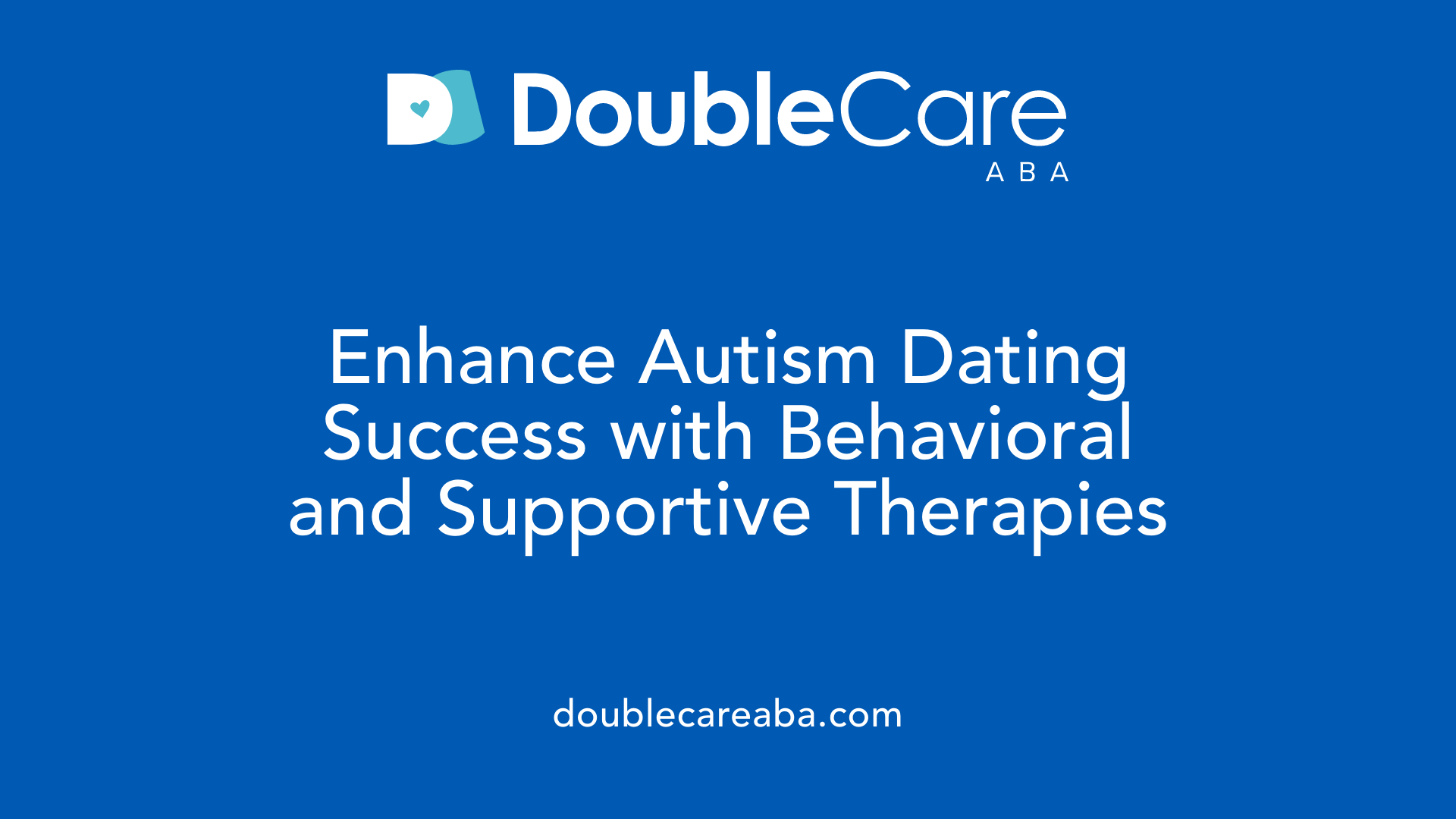
How Do Complementary Therapies Support Behavioral Therapy in Autism?
Complementary therapies such as speech-language therapy and occupational therapy (OT) play vital roles alongside Applied Behavior Analysis (ABA) in supporting individuals with autism. Speech therapy enhances communication skills, including verbal, sign language, or augmentative and alternative communication (AAC), which are crucial for expressing feelings and intentions in dating scenarios. OT helps with daily living skills and sensory integration, improving comfort and confidence in social settings.
Why Is Early Intervention Important?
Starting therapy early enables children with autism to develop foundational social and communication skills before challenges become ingrained. Early intervention through ABA and developmental approaches can significantly enhance social interactions and coping strategies, laying groundwork for future skills like navigating relationships and dating.
How Are Co-Occurring Mental Health Issues Addressed?
Many individuals with autism experience anxiety, depression, or other mental health issues that affect social participation. Psychological approaches such as cognitive-behavioral therapy (CBT) are integrated with autism treatments to help manage these conditions, supporting emotional wellbeing and readiness for social engagement.
What Emphasizes Safety and Respect in Dating?
Safety and respect are fundamental in autism dating programs. Instruction covers planning and timing dates, responding appropriately to social pressure, and boundaries, ensuring interactions are positive and consensual. Role-playing exercises in a controlled setting teach important responses to scenarios such as rejection or unwanted attention.
How Does Digital Communication and Social Pressures Factor In?
Digital communication is a common avenue for dating, but it requires guidance to navigate safely. Programs emphasize appropriate online platforms and teach skills like respectful messaging and privacy awareness. Recognizing social pressures and responding assertively are also key topics, helping individuals handle the nuances of digital dating confidently.
These comprehensive strategies combine behavioral methods with therapies addressing communication, mental health, and safety, fostering success in dating and interpersonal relationships among people with autism.
Building Bridges Through Behavioral Science
Applied Behavior Analysis and related behavioral therapies provide critical foundations for autistic individuals to develop social and relational skills necessary for dating and broader social inclusion. Customized interventions like the PEERS program, alongside family participation and professional guidance, enable the acquisition of explicit social understanding and safe relationship practices. While ABA therapy is not a one-size-fits-all solution, its evidence-based methods, integrated with complementary supports, offer promising pathways for those on the autism spectrum to foster meaningful connections and lead fulfilling social lives.
References
- Applied Behavior Analysis (ABA)
- ASD Support: The Ins and Outs of Dating
- How ABA Therapy Improves Social Skills in Children With ...
- ABA Therapy for Social Skills: Building Connections
- Treatment and Intervention for Autism Spectrum Disorder
- Behavioral Therapy for Autism Spectrum Disorder in Children
- Applied Behavior Analysis (ABA)
- Applied Behavior Analysis (ABA)
- 6 Benefits of ABA Therapy for Children with Autism













